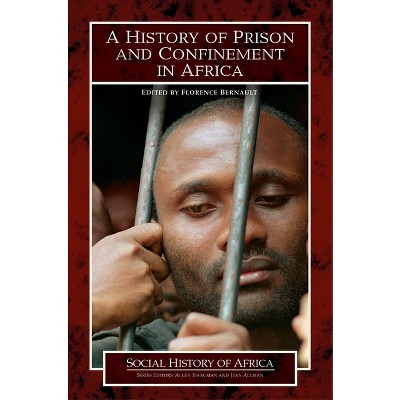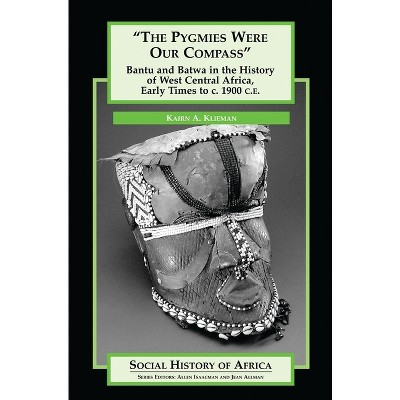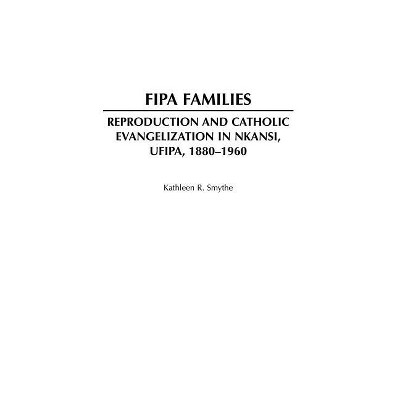Sponsored

City of Steel and Fire - (Social History of Africa) by Ahmad Alawad Sikainga (Hardcover)
In Stock
Sponsored
About this item
Highlights
- The Sudanese working-class town of Atbara is the headquarters of the Sudan railways.
- About the Author: Ahmad Alawad Sikainga is Associate Professor of History and African-American and African Studies as well as Director of the African Studies Center at The Ohio State University.
- 240 Pages
- Literary Collections, African
- Series Name: Social History of Africa
Description
About the Book
The Sudanese working-class town of Atbara is the headquarters of the Sudan railways. Nicknamed City of Steel and Fire by Sudanese workers, the town remains a major site of labor activism and radical politics. This book chronicles the struggles of railway workers against the Sudanese colonial and postcolonial governments. Sikainga's text will interest Sudanese scholars, labor historians, and students of radical politics. Based on numerous oral interviews and extensive archival research, this book is destined to become the authoritative text on Sudanese labor history.
For more than 50 years, the railway workers of Atbara formed the core of the Sudanese working class and became one of the most dynamic and militant labor movements in Africa and the Middle East. A key characteristic of the Sudanese labor movement was its close association with the Sudanese Communist Party, the second largest communist party in Africa until its termination in 1971. Railway workers contributed to the demise of two military regimes: Ibrahim Abboud in 1964 and Jafaf Nimeiri in 1985.
Book Synopsis
The Sudanese working-class town of Atbara is the headquarters of the Sudan railways. Nicknamed City of Steel and Fire by Sudanese workers, the town remains a major site of labor activism and radical politics. This book chronicles the struggles of railway workers against the Sudanese colonial and postcolonial governments. Sikainga's text will interest Sudanese scholars, labor historians, and students of radical politics. Based on numerous oral interviews and extensive archival research, this book is destined to become the authoritative text on Sudanese labor history.
For more than 50 years, the railway workers of Atbara formed the core of the Sudanese working class and became one of the most dynamic and militant labor movements in Africa and the Middle East. A key characteristic of the Sudanese labor movement was its close association with the Sudanese Communist Party, the second largest communist party in Africa until its termination in 1971. Railway workers contributed to the demise of two military regimes: Ibrahim Abboud in 1964 and Jafaf Nimeiri in 1985.About the Author
Ahmad Alawad Sikainga is Associate Professor of History and African-American and African Studies as well as Director of the African Studies Center at The Ohio State University.Shipping details
Return details
Frequently bought together
Trending Literary Fiction

















